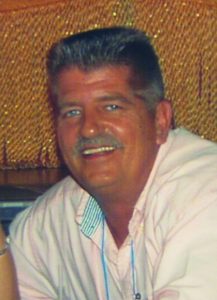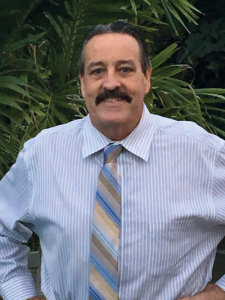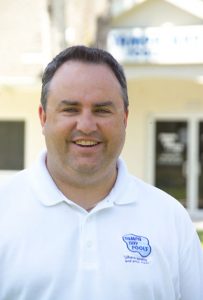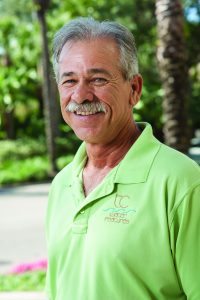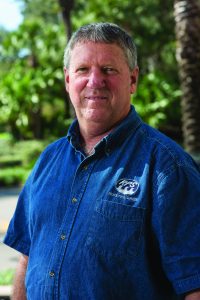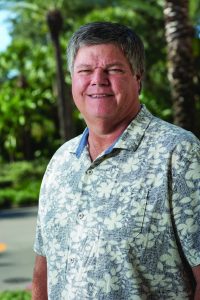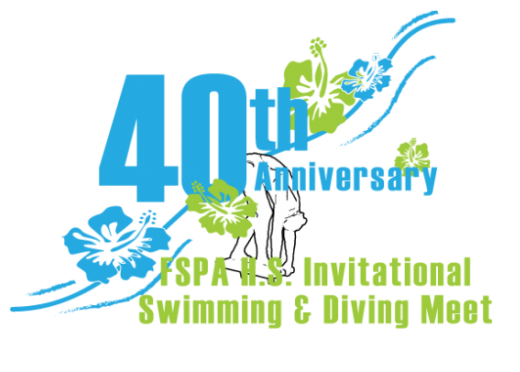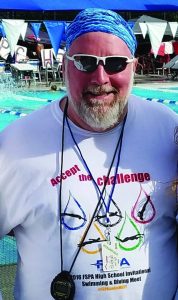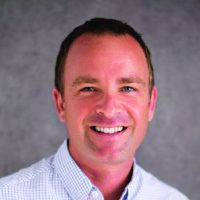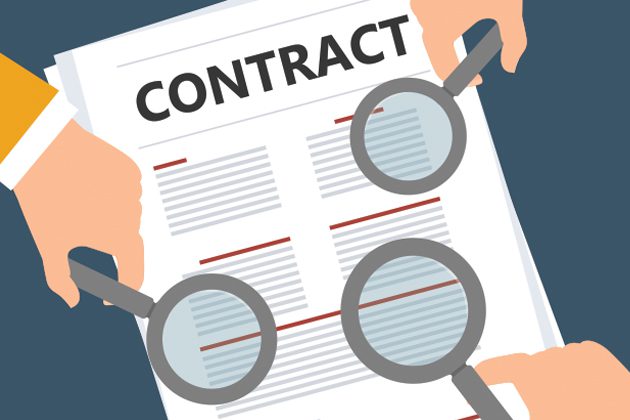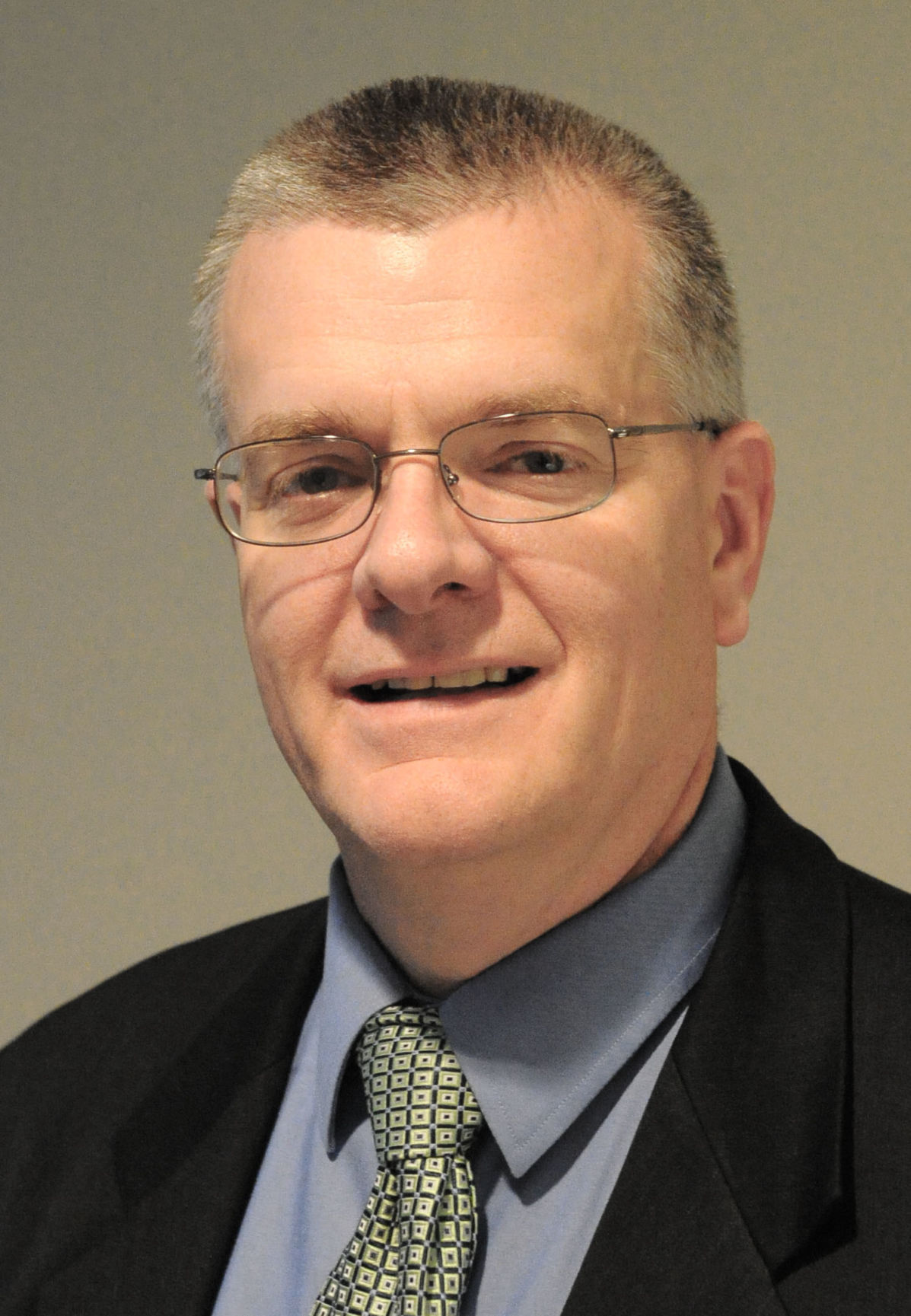The intent of this article is to shed light on fun facts and procedures of swimming pools in northern climates. When the snowbirds come down to Florida and miss experiencing the joys of winter, which include ice, snow and subzero freezing, they leave their northern pools behind. Here are some interesting facts about what is done to them.
The commercial swimming pool season opens on Memorial Day Weekend and ends on Labor Day Weekend. That equates to a three month swimming season. For the more fortunate homeowners who have pool heaters, the season may be expanded to opening in the early part of May, depending on the cooperation of the thawing ice and snow, and enjoy swimming until a later date in October. If this is the case they will see a substantial increase in their gas bill unless they belong to the Polar Bear Club.
Before snowbirds take flight on their migration south to escape the frozen tundra, they must winterize their swimming pools. This is usually done no later than the end of November. Once water starts freezing the damage could be done.
The average cost for a service company to winterize a swimming pool is more than a few regular service visits combined! The average swimming pool takes two hours to winterize. That sounds like some good money but if you are in the service industry you better find a good job for the winter unless you can convince the homeowner that you need to monitor their ice pond.
The first procedure is to drain the swimming pool below the returns and the skimmer. The next step is to insert rubber plugs that can be tightened into each return and skimmer line. Then by using the exhaust port on a shop vac each line is opened one at a time and is blown under pressure until the absence of any water. This is done by the pump equipment to insure that there is no trapped water. Once all the returns and skimmer are free of water the process is repeated with the addition of approximately one half gallon of RV antifreeze added to each line. The lines are blown under pressure until the antifreeze is visible coming out of the return and skimmer. Once completed all rubber plugs are checked and tightened. An empty bottle of antifreeze will be left inside the skimmer along with some antifreeze to absorb the expansion of any ice accumulation. The main drain will be blown out under pressure and once the presence of large air bubbles is present the valve will be put in the closed position to prevent back flow. The pump, filter, heater and any water features will all be disconnected and drained of any water. At this point the main breaker that feeds power to the equipment pad must be flipped to the off position.
Once completed, the pool will be covered and left unattended until spring. Although the pool has been drained it will be full of water come spring from all the rain, sleet, snow and ice. Elements that we miss out here in Florida.
When the migration begins to head back north, the snowbirds will contact their service companies and schedule their pools to be reopened for a new season. It is amazing that even though these pools have been covered for the winter they will be full of water and debris, i.e.: dirt, leaves, twigs, frogs, worms.
Oh by the way, another service invoice paid please! In some cases the pool will need to be drained and acid washed.
One last interesting fact when it comes to plastering swimming pools. Compared to Florida, whose busy season is in fall due to home builders trying to close on their properties, it is just the opposite for the north. Builders in the north are scrambling in the springtime fighting the weather to complete their projects by Memorial Day. The plastering season comes to an end once the pool shell temperature drops below forty degrees. Depending on your location this could be as early as November.
Stay warm.


